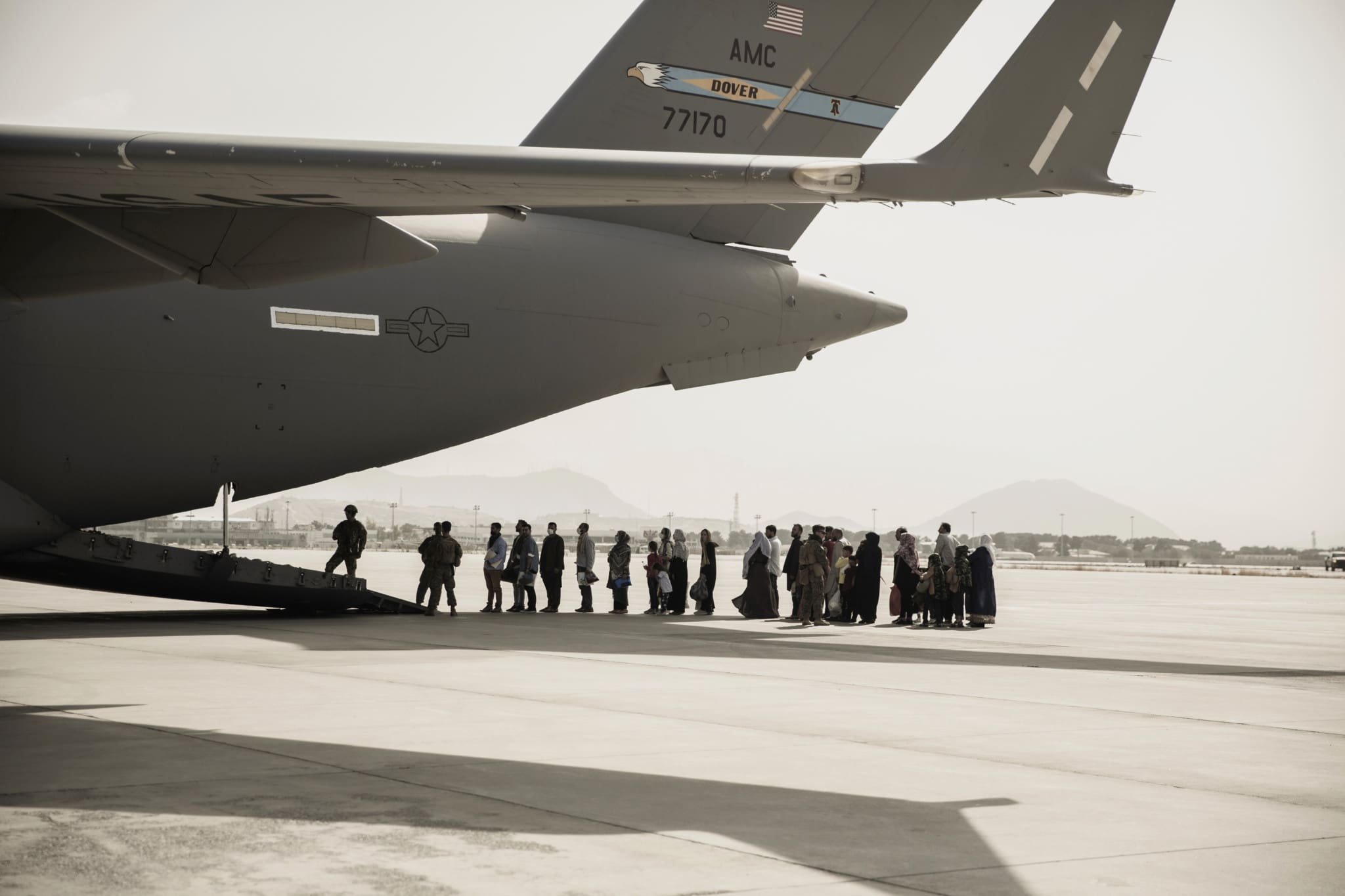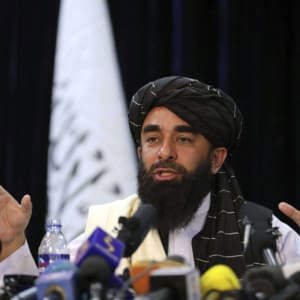In a damning article for the Daily Telegraph newspaper, former Archbishop of Canterbury George Carey has exposed the unwillingness of the British government to evacuate members of the Afghani Christian community. Carey wrote about an intensive campaign during the month of evacuations when he and members of the Barnabas Fund, a charity that cares for persecuted Christians, have repeatedly pleaded with members of the British government to include Christians on their evacuees list from Kabul airport. Their main argument was that a large percentage of Afghanistan’s Christians are converts from Islam, an act punishable by death according to Sharia law.
Indeed, already during the government of Western allied Hamid Karzai, fatwas were issued against Christian converts, a development that Western governments have ignored in order to please hard-line Muslims, claims Carey. The Barnabas Fund has managed to evacuate 400 Christians to neighboring countries and is currently supporting a further 400 who have stayed on in Afghanistan. They are currently working on transporting another 1,200 to safe countries.
As the former archbishop explains, for the Taliban, Christians are apostates, as the Hanafi school of Sharia law does not recognize freedom of religion. But in the past, not only converts, but other members of the Christian community have been murdered by the Taliban in Afghanistan, as well as in neighboring countries.
Carey believes that the failures of the British government have contributed to the dangers Afghan Christians are currently facing, and therefore bear moral responsibility for them. He accuses the British government of “long-standing failure in addressing the persecution of Christians and also, of course, atheists who are regarded as apostates, together with other minorities in Syria”.
Government officials have relocated tens of thousands from Syria but have completely ignored the plight of one of the most persecuted minorities in the regions, that of Christians. Only 1 percent of places in relocation schemes were reserved for religious or ethnic minorities, the rest went to majority Syrians.
Carey also accuses the United Nations High Commissioner for Refugees (UNHCR) of creating a “functionally discriminatory system” because the camps in Afghanistan, where one could apply for asylum, were no-go areas for Christians and other minorities. There were many appeals to the British Home Office to instruct the UNHCR to change this system and enable religious minorities to apply for asylum, but the British authorities have ignored these requests. Politicians have been promising action to fight the persecution of Christians worldwide for years, yet no notable action has followed these pleas as yet.
There are between 5,000 to 8,000 Christians in Afghanistan, and many countries, including Poland, Brazil, Canada or the Czech Republic have helped them not only there, but in a number of other countries where they are persecuted. Britain, a developed and economically strong country, has so far failed to act on behalf of the Christian community, while extending its hand towards many others. The former archbishop brings up the examples of Jews during the Second World War, but says Christians are the most persecuted group today and more needs to be done to help them. There is a systematic campaign against them in the Middle East and West Africa, and resurgent radical Islamist groups are often targeting their communities and places of worship.
Carey quotes an earlier report into the persecution of Christians saying the “report to the Foreign Office stated that the ‘level and nature’ of the persecution of Christians in some regions was perilously close to the ‘international definition of genocide’. In spite of the report, it seems some government departments have not yet woken up.”
The former archbishop also expresses his dismay over the fact that during the last month of evacuation from Afghanistan, animal protection groups have tried to organize chartered flights for pets, while persecuted communities were ignored. Indeed, a fund raising campaign in August supported by celebrities, writers, activists and journalists have raised enough money for a chartered flight to Kabul, but in the end they were not given permission to fly.
British Foreign Secretary Ben Wallace commented on the campaign that “what I was not prepared to do is prioritize pets over people. I’m afraid you may dislike me for that, but that’s my view. There are some very, very desperate people under threat.”






